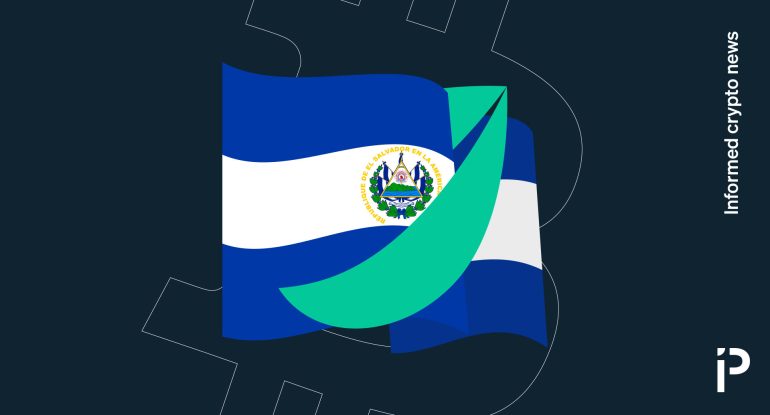Bitcoin Source: El Salvador Bitfinex Deal Sparks Control Alarms

After digging into the details of the bitcoin El Salvador claims to hold as national reserves, some researchers are raising eyebrows, questioning whether it’s actually Bitfinex, and not President Bukele’s government, that truly controls these digital assets. A report published today by Fabricio Altamirano in El Diario de Hoy, and also featured on ElSalvador.com, suggests that almost all of El Salvador’s bitcoin stash was initially sourced from Bitfinex.
Adding fuel to the fire, the investigation quotes researcher Mario Gómez, who goes even further, proposing that Bitfinex might be helping Bukele present a false picture of bitcoin ownership. Gómez speculates that the bitcoin in question may actually be donations, loans, or assets still under Bitfinex’s control, not truly El Salvador’s.
However, it’s important to note that Protos has not yet been able to independently confirm these rather explosive allegations.
Who really controls El Salvador’s 6,114 bitcoin?
The Bukele administration maintains an official website that states the government possesses 6,114.18 bitcoin. This figure aligns with independent trackers like Nayib Tracker.
But these public dashboards only offer a limited view, showing simply the balance in a given address. The critical questions go beyond mere possession. Where did these bitcoins come from? Are they tied to any obligations? And crucially, who actually holds the private keys?
By tracing the history of the bitcoins in the government’s publicly stated wallet, researchers assert that a staggering 80% of these bitcoins originated from wallets controlled by Bitfinex. They further contend that the other 20%, while passing through the Chivo Wallet, also ultimately stem from Bitfinex-linked wallets. A very small amount appeared to have come from Binance.
El Salvador’s Deep Connections with Bitfinex and Tether
As Protos has previously reported, it’s widely recognized that the Bukele administration and Bitfinex, along with its associated stablecoin Tether, have a close business and financial relationship.
The Salvadoran government has utilized Bitfinex for its now-concluded bitcoin dollar-cost averaging strategy, as well as for the majority of its initial bitcoin purchases. Furthermore, entities connected to Tether and Bitfinex have been granted licenses to operate as digital asset service providers in El Salvador. They’ve also been involved in facilitating ventures such as Bitcoin bonds, Volcano Energy financing, crypto derivatives, and tokenized securities in the nation.
Tether’s commitment to El Salvador goes even further, with the company establishing its headquarters in the country. Key executives like Paolo Ardoino, Claudia Lagorio, and Giancarlo Devasini have also invested in real estate within El Salvador.
This new reporting suggests that El Salvador’s reliance on Bitfinex for its bitcoin holdings might be even more extensive than previously thought. The recent agreement between the Bukele administration and the International Monetary Fund (IMF) could potentially shed light on any underlying issues related to El Salvador’s bitcoin.
Read more: IMF approves El Salvador’s $1.4B loan but imposes bitcoin restrictions
As part of the $1.4 billion agreement with the IMF, Bukele has committed to providing detailed information about his government’s bitcoin investments. El Salvador has also reversed bitcoin’s legal tender status and pledged to curtailing any further bitcoin acquisitions. For now, investigative journalists are left to speculate about the potential encumbrances and the actual sources of funding for El Salvador’s reported 6,114.18 bitcoin reserves.
Got a tip? Send us an email or ProtonMail. For more informed news, follow us on X, Instagram, Bluesky, and Google News, or subscribe to our YouTube channel.











